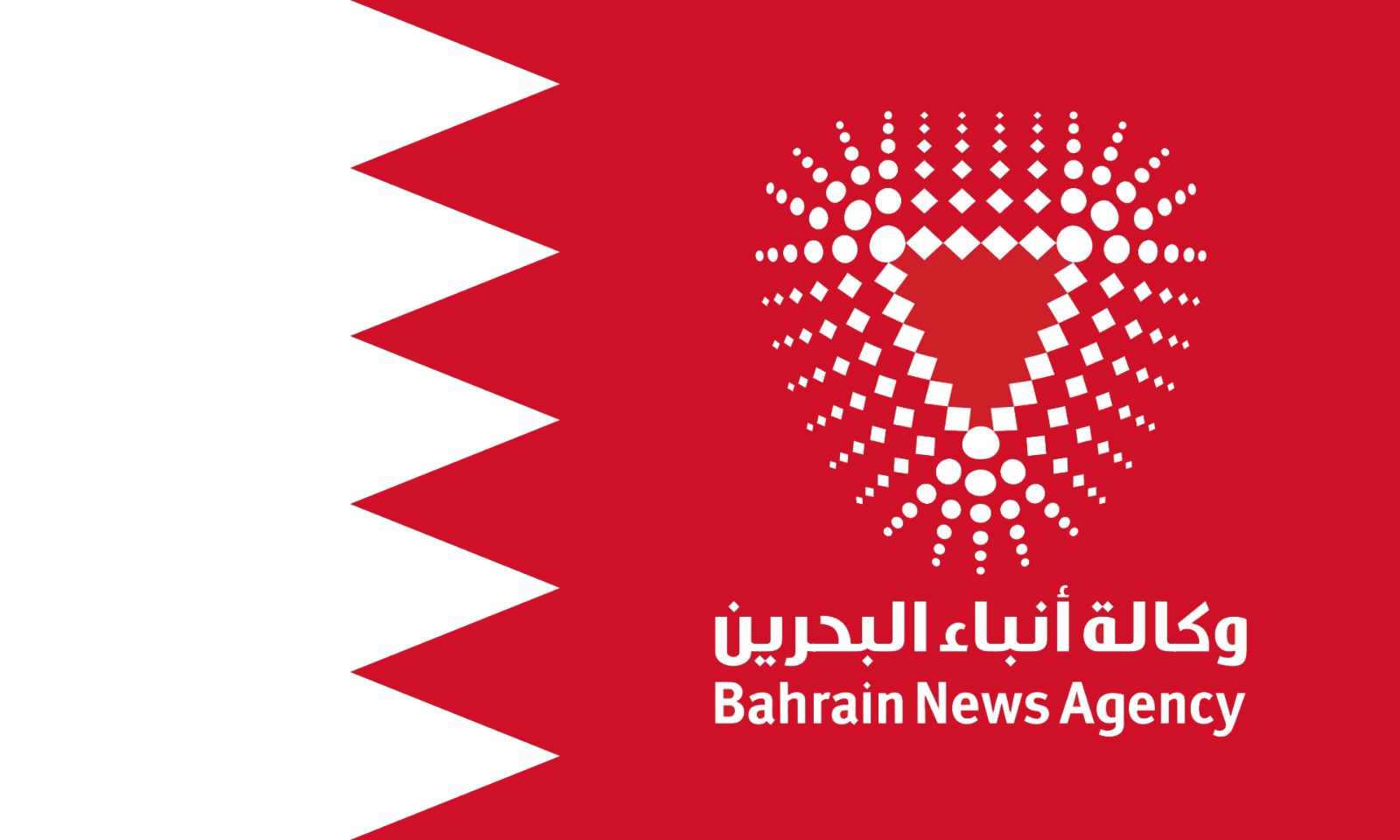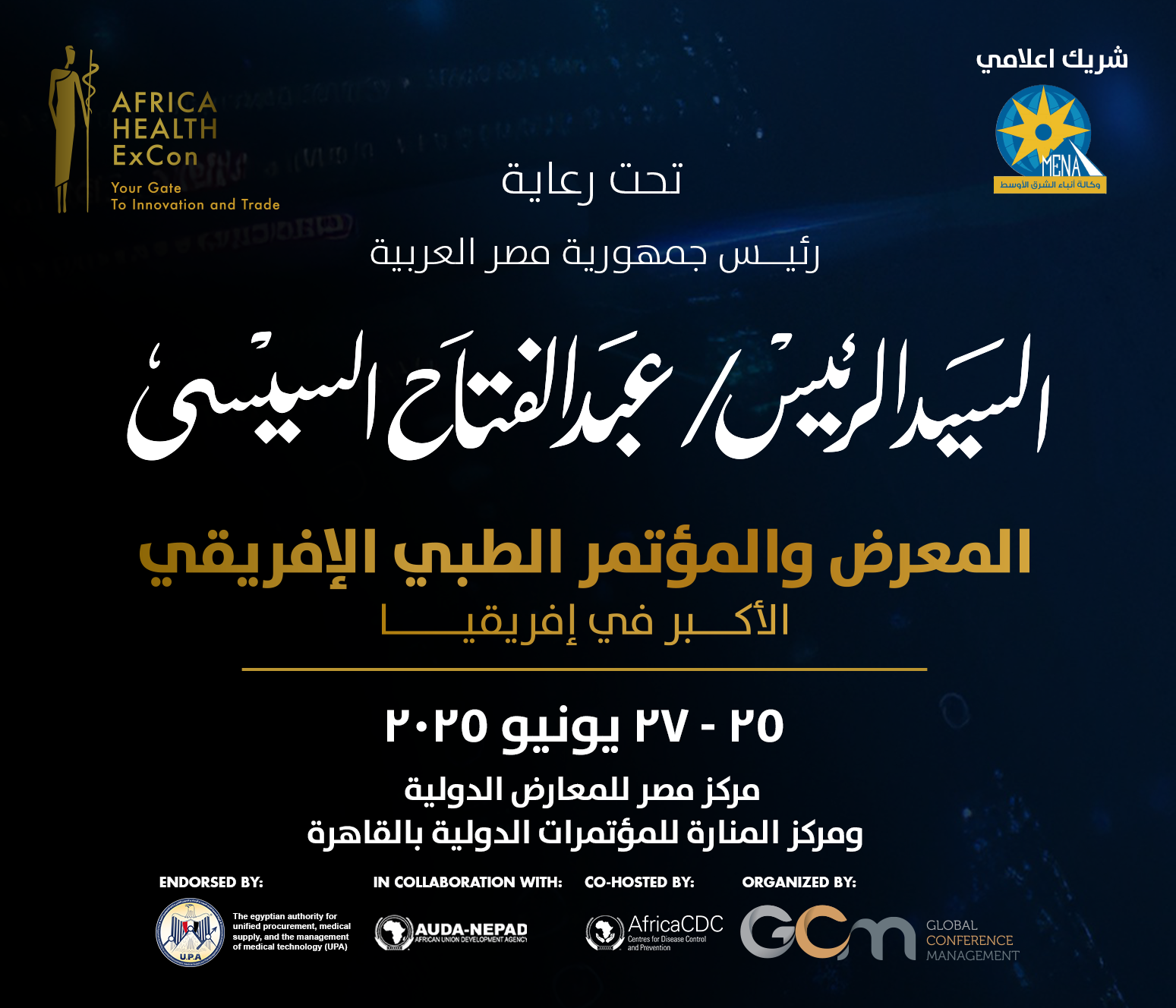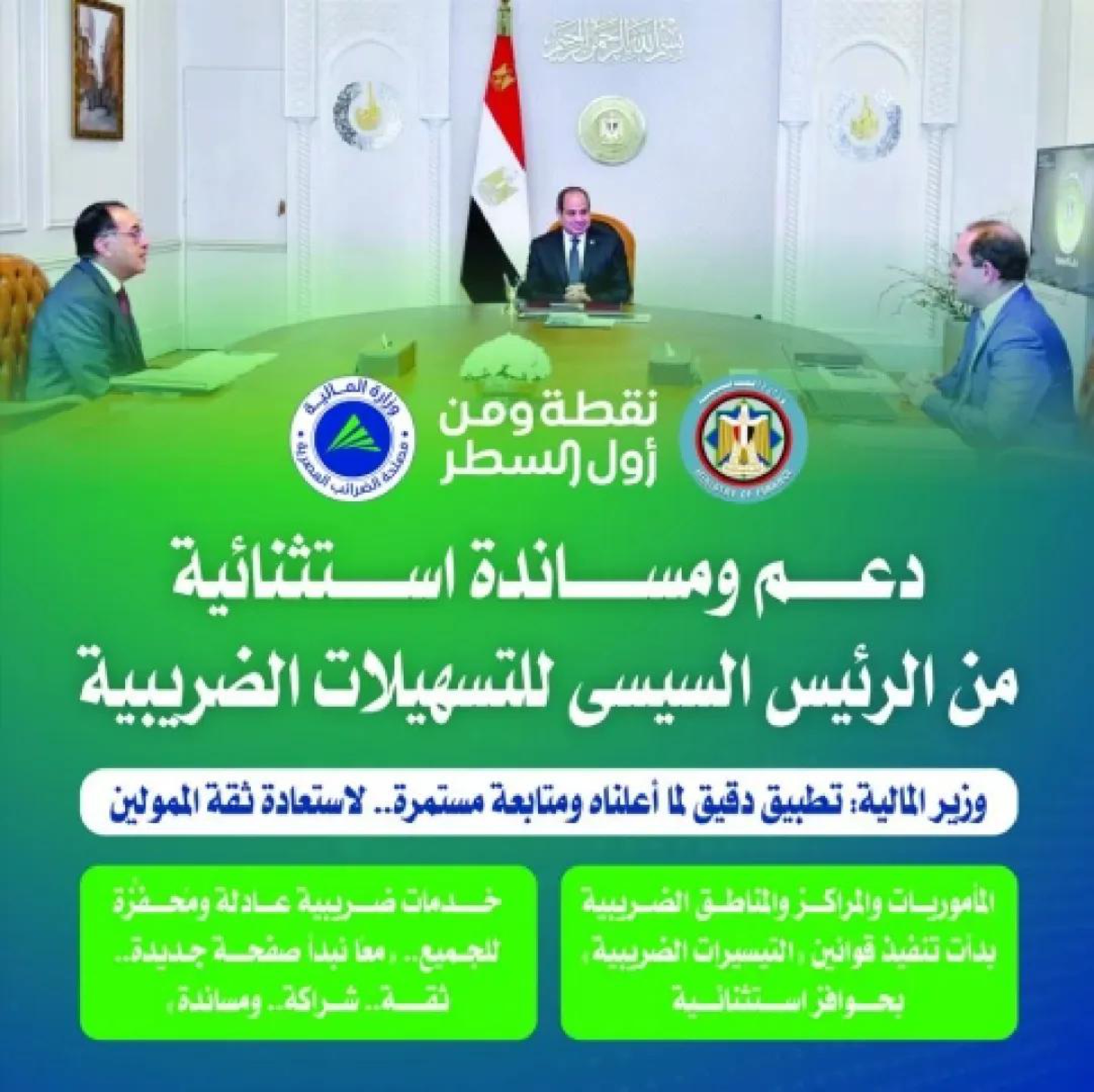CAIRO, May 9 (MENA) - Belgian Ambassador in Cairo Bart De Groof emphasized the deep-rooted and growing relationship between Egypt and Belgium, expressed his country’s strong desire to further enhance bilateral cooperation across various sectors.
The ambassador praised Egypt’s assiduous efforts, under the leadership of President Abdel Fattah El Sisi, for achieving comprehensive development and contributing to regional security and stability.
In an interview with the Egyptian Radio, Ambassador De Groof described Egypt as a strategic partner of both the European Union and Belgium.
He highlighted the historical strength of Egyptian-Belgian relations dating back to the early 20th century. A notable example he mentioned was the Belgian architect Baron Empain, who led the development of Heliopolis, an early attempt to expand Cairo beyond its historical boundaries and into the desert.
The ambassador commended the New Administrative Capital as a model of advanced and integrated urban development, reflecting Egypt’s ambition and technological progress.
He noted the significance of Belgian archaeological missions in Egypt, which have contributed to Egyptology since the early 1900s. Recalling Queen Elisabeth of Belgium’s 1923 visit to the tomb of Tutankhamun and her fascination with Pharaonic history, he mentioned that her great-granddaughter, Crown Princess Elisabeth, commemorated this centennial with a similar visit in 2023, underscoring Egypt’s lasting place in Belgian cultural consciousness.
On the economic front, he detailed the wide-ranging cooperation between the two countries. Egypt exports fruits and vegetables to Belgium, while Belgian investments in Egypt support its pharmaceutical industry, vaccine production, clean energy, waste and water treatment, and infrastructure, he said. Belgian companies also partner in major construction projects, including the Grand Egyptian Museum, he added.
He noted Belgium’s desire to expand economic cooperation with Egypt, especially in supplying textile machinery and exploring green hydrogen initiatives. He praised Egypt’s infrastructure development over the past decade, describing it as unprecedented and exceeding expectations.
Additionally, he applauded Egypt’s modern road network for facilitating tourism by enabling easy travel between destinations like the Red Sea, Cairo, Luxor, and Aswan. He pointed out the great potential in tourism cooperation, noting the strong interest and frequent visits by Belgian tourists to Egypt.
Also, the ambassador expressed hope for enhanced collaboration between Egyptian and Belgian universities and research institutions, anticipating remarkable outcomes from such partnerships.
Expressing his personal admiration for Cairo, Ambassador De Groof described it as a historic city that harmoniously blends its rich past with modern infrastructure and transportation systems.
Reflecting on global tensions and their impact on development, he drew parallels with Belgium’s own history—overcoming post-revolution challenges, becoming an industrial power, and suffering during both World War I and World War II. Despite its turbulent past, Belgium emerged as a founding member of the EU and NATO, with Brussels becoming the seat of both organizations, he said.
He concluded by emphasizing that the key to economic resilience lies in diversification. Belgium successfully transitioned from costly heavy industries to advanced sectors such as pharmaceuticals, technology, and mid-level industries, while preserving its traditional strengths in diamond trading and chocolate production, according to him.
Ambassador Bart De Groof brings extensive diplomatic experience, having served his country in Venezuela, Nigeria, Malaysia, India, Afghanistan, and Qatar. He also held positions at NATO headquarters in Brussels and as a roving ambassador in the African Sahel. He holds a doctorate in history.
(MENA)
R E E/
OPEN// Belgian ambassador praises his country’s growing relationship with Egypt
مصر/Belgium/Politics and Diplomacy
You have unlimited quota for this service





 ar
ar en
en fr
fr







